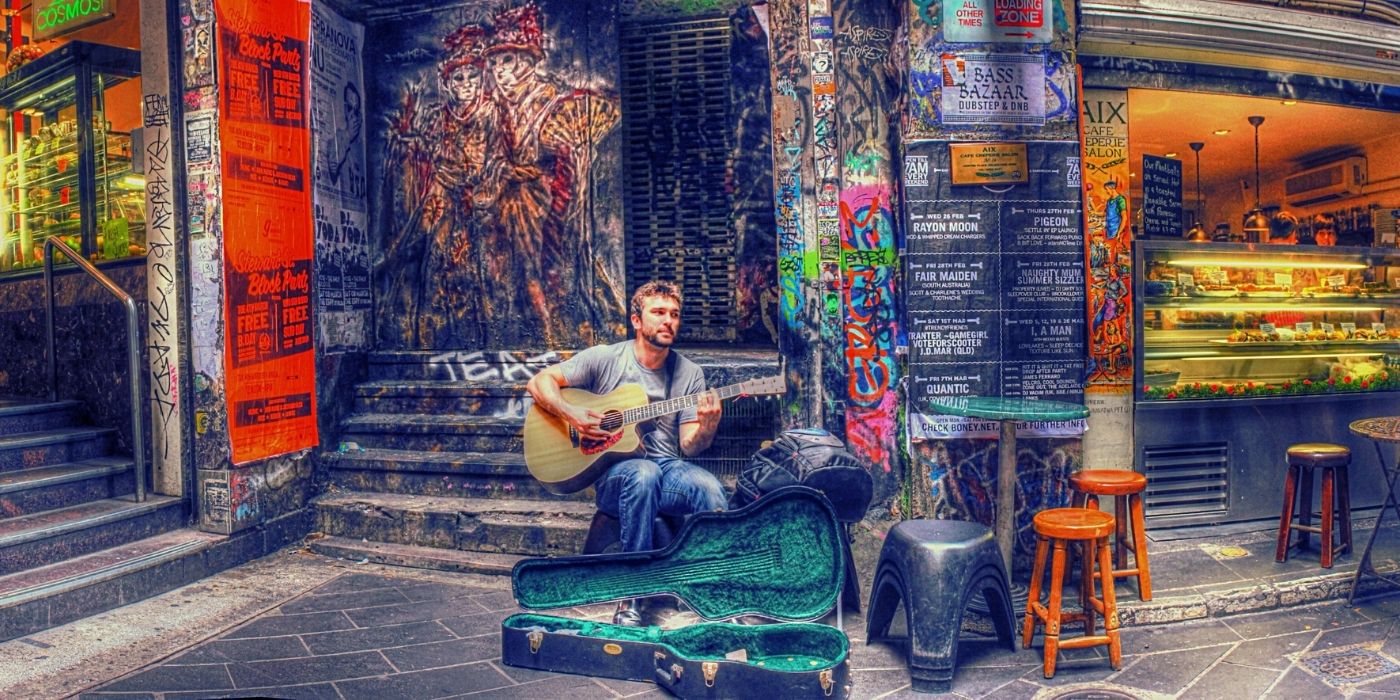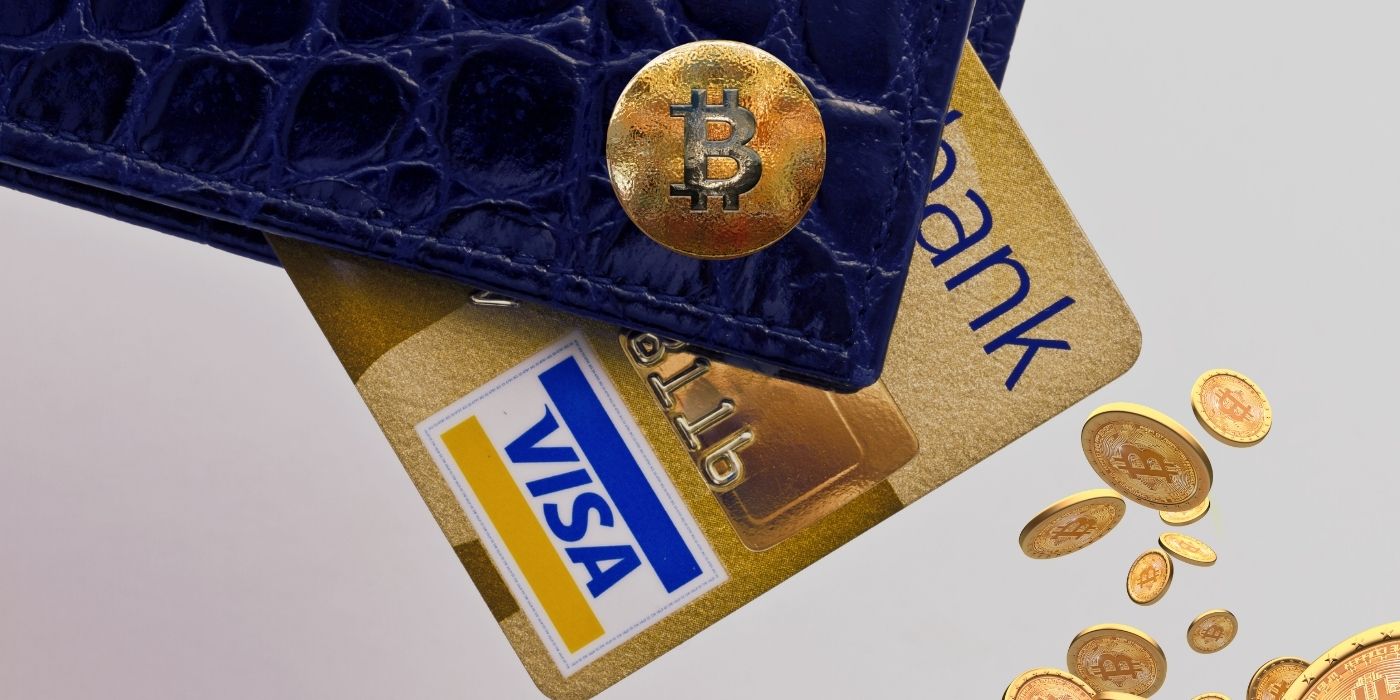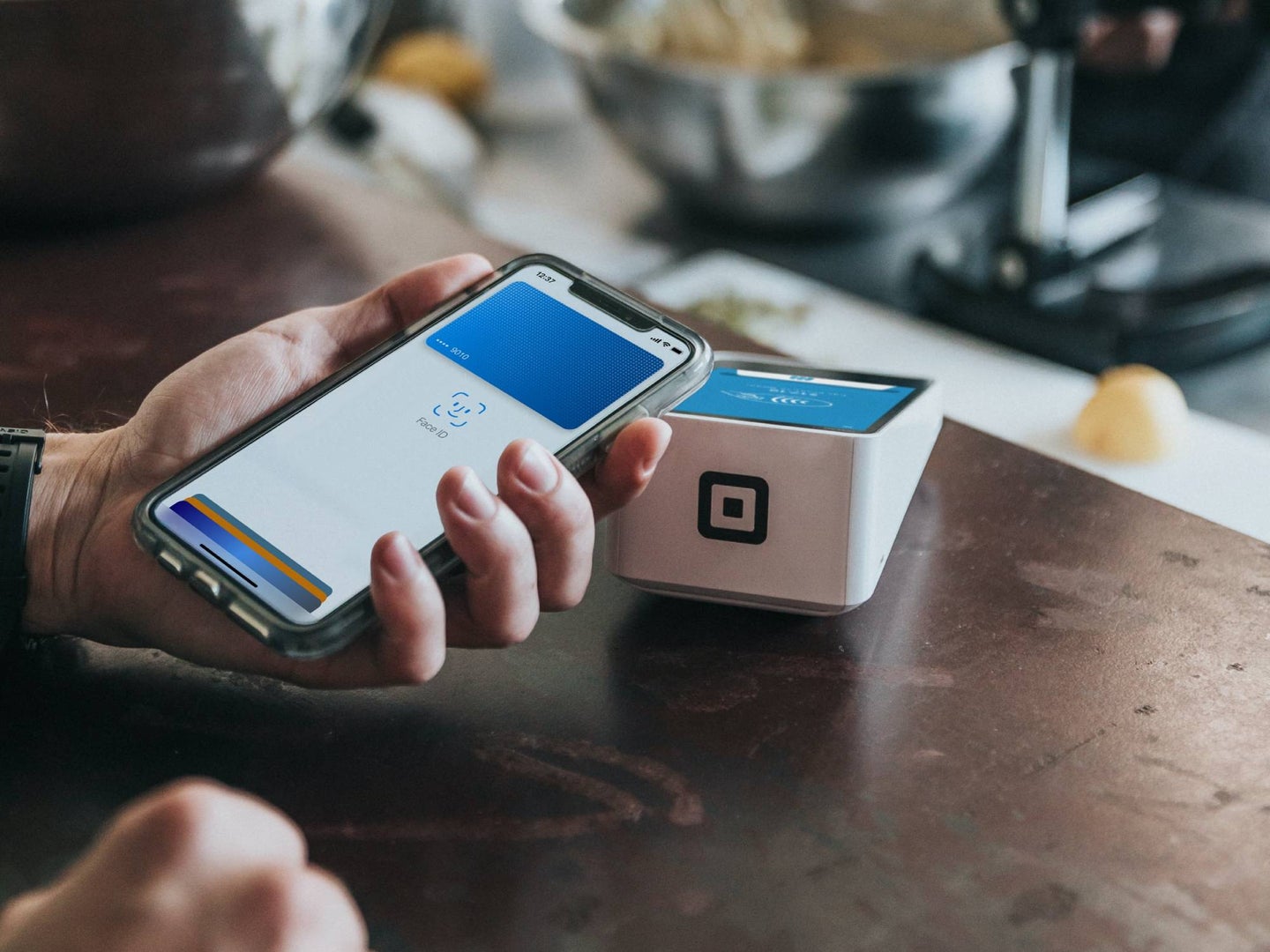As Covid has changed our relationship with cash and dramatically reduced foot traffic in CBDs around the globe, street performers have had to find different ways to earn a living.
Economists at Melbourne university RMIT have found that passers-by often donate more when paying via digital platforms such as apps, QR codes, PayPal and even bitcoin, compared to the traditional payment method of loose coins thrown into a hat or guitar case.
Using data from online platform The Busking Project, the RMIT study analysed individual payments to over 3,500 active buskers from 121 countries, including Australia, to identify performers who were more receptive to online donations.
Melbourne Is Australia’s Busking Capital
Melbourne proved to be Australia’s busking capital, with nearly a third of the country’s 263 active street performers based in its second-biggest city.
The study also found:
- Circus performers received the biggest donations.
- Musicians were most likely to receive donations but received smaller amounts than other types of artists.
- The number of other onlookers influenced if and how much passers-by donated.
- The artist’s location and social media profile also affected the level of donations.
- Artists who joined the platform after the World Health Organization (WHO) announcement that Covid-19 was a pandemic in March 2020 were more likely to receive a donation, which ranged from A$1 to more than A$700 .
According to the study’s lead author, Dr Meg Elkins, street performers have a critical role to play as cities look to revitalise their CBDs in the wake of the pandemic.
Buskers performing in public for coin is a centuries-old practice but they have to move online as our society becomes increasingly cashless. We … wanted to uncover how they could use digital payment systems to increase their online earnings and create more sustainable careers.
Dr Meg Elkins, lead author, ‘Beyond the realm of cash: Street performers and payments in the online world‘, RMIT busker study
Artists Must Also Be Entrepreneurs
Elkins, a senior lecturer in the School of Economics, Finance and Marketing at RMIT University and a member of its Behavioural Business Lab, says that artists have to become more entrepreneurial to survive.
“In the future, we could see QR codes as part of street performance, which would simplify the payment process even further,” Elkins says. “More than 40 QR code trials are already under way across Europe, the US and Australia.
Digital platforms can potentially allow street performers to generate more generous donations beyond cash tips. They’re also a way for artists to interact with supporters and build that all-important fan base, which can ultimately help sustain a career.
Dr Meg Elkins
Last year, Crypto News Australia foreshadowed increasing demand for digital wallets and cryptocurrency as Australia evolves towards a cashless society. Also in 2020, we reported how the pandemic had effectively halved cash payments in Australia as consumers continued to shift towards digital and contactless payment options.














